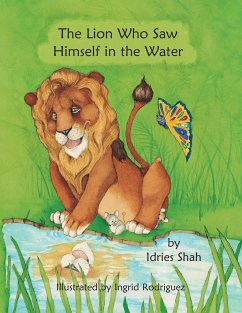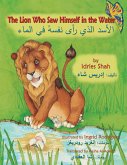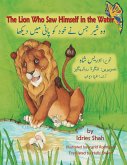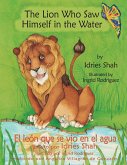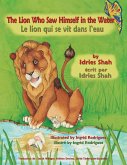When a good-natured lion, king of all the animals, sees his reflection in a pool of water for the first time, he gasps at the fierce creature staring back at him and is too frightened to drink - until, finally, he overcomes his fear. Children learn through the lion how to deal positively with the fears and inhibitions that so often arise from situations they may not yet understand. Originally told by the 13th-century Sufi poet Jalaluddin Rumi, The Lion Who Saw Himself in the Water is one of a series of teaching stories that were collected by Idries Shah and that have been used in the East for hundreds of years as educational instruments to help children understand life. Ingrid Rodriguez's beautiful illustrations bring this children's version to life with warmth, humor and a distinctive richness of detail.
Bitte wählen Sie Ihr Anliegen aus.
Rechnungen
Retourenschein anfordern
Bestellstatus
Storno

